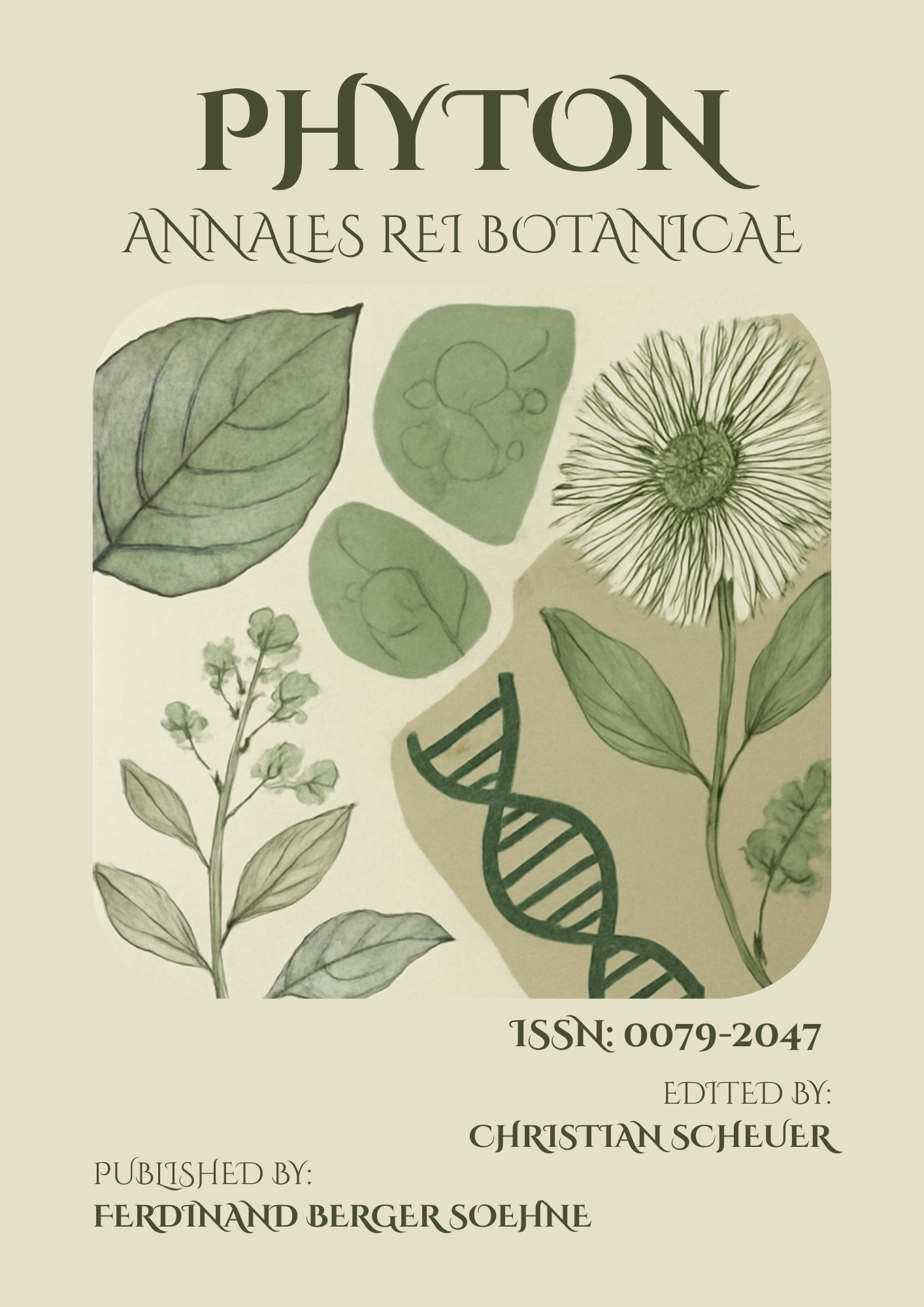Advancing Soil Microbial Inoculants for Sustainable Agriculture in China
Keywords:
Soil Microbial Inoculants, Sustainable Agriculture, China, Crop Productivity, Nitrogen Fixation, Plant GrowthAbstract
Soil microbial inoculants are gaining recognition for their potential to improve soil health, enhance nutrient availability, and promote sustainable agricultural practices. This paper explores the use of soil microbial inoculants in China, focusing on their application in rice, wheat, and maize cultivation. The study reviews various microbial products, including nitrogen-fixing bacteria, mycorrhizal fungi, and plant growth-promoting rhizobacteria (PGPR), assessing their impact on soil fertility, crop growth, and disease resistance. Through field trials and laboratory research, the paper investigates the mechanisms by which these microbial inoculants improve plant health, enhance nutrient uptake, and reduce the need for chemical fertilizers. The findings indicate that microbial inoculants can significantly improve crop productivity and soil quality, especially in regions with degraded soils. The paper also discusses the challenges of commercialization and farmer adoption of microbial inoculants, including cost, product efficacy, and the need for farmer education. The study concludes by recommending strategies for promoting the widespread use of microbial inoculants in China’s agricultural sector.
Published
How to Cite
Issue
Section
License
Copyright (c) 2023 PHYTON-ANNALES REI BOTANICAE

This work is licensed under a Creative Commons Attribution-NonCommercial-ShareAlike 4.0 International License.
This article is published under the terms of the Creative Commons Attribution-NonCommercial-ShareAlike 4.0 International License (CC BY-NC-SA 4.0). Readers may share and adapt the material for non-commercial purposes, provided appropriate credit is given and adaptations are shared under the same license.



